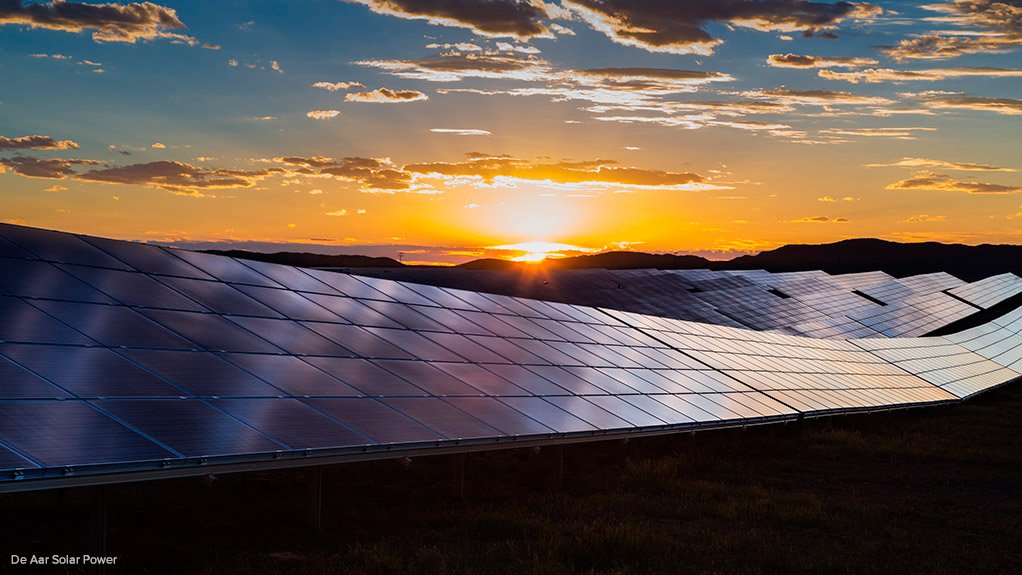
Africa had the potential to be one of the biggest providers of energy in the world, but was still seen as a “good for nothing” continent, particularly with regard to US investment, World Energy Council (WEC) Africa vice-chairpersonBonang Mohale said on Wednesday.
“[Sun energy is in abundance] here; yet, most of the technology comes from Germany, where, for nine months of the year, [it is] freezing cold. Port Elizabeth and EastLondon are referred to as the windy cities…wind is in abundance, yet you need to go to the Netherlands – particularly The Hague – to see the best wind turbines.”
He pointed out that there was a dire need for energydevelopment in Africa, as half of the 1.4-billion people in the world who did not have access to electricity lived on the continent. However, he said this development should be placed in the hands of locals.
“Africa must be the most niche-marketed and under-marketed continent in the world. You wonder why we find it so easy not to use. . .skills that are here, when we risk our lives to get these commodities, [which are exported immediately],” he said.
Mohale noted that it was easy for African countries to source their technology form international companies, while it would be “a miracle for an African company to be awarded a $200-billion contract in France – but we do it automatically”.
“[When developing big projects], eyes are not cast here, but back to our colonial masters. If it is big and complex, it cannot be done by Africans,” he stated.
“We hope that people coming to Ethiopia in 2016 [for the World EnergyCongress] can help us think through these dilemmas,” he added.
He also said there was a need for transformation in the local energysector, as “our culture is too Eurocentric”.
OIL & GAS
Mohale noted that there was significant potential in the oil and gas sector to contribute to the local energy sector.
He was hopeful that the Mineral and Petroleum Resources Development Act Amendment Bill, which had been sent back to the National Assembly early this year, would split the oil and gas legislation from the minerals legislation, to further boost development.


